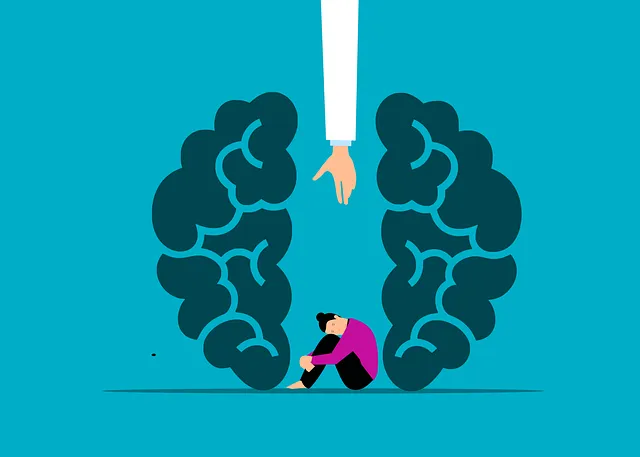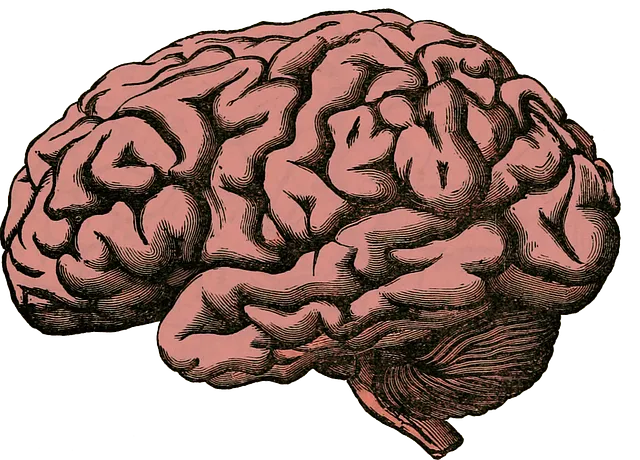Cultural competency is a crucial aspect of healthcare, especially for organizations like Kaiser Permanente in Littleton, serving diverse communities with varying mental health needs. Effective training equips providers with knowledge and skills to deliver respectful, culturally sensitive care, enhancing patient satisfaction and outcomes. For inpatient mental health services, tailored programs focusing on cultural understanding, religious diversity, and specific communication strategies can significantly improve patient care and community engagement. Comparing Littleton's community-based approach with Kaiser's comprehensive inpatient program highlights the value of varied strategies in addressing complex mental health issues, demonstrating that both models have their strengths in serving diverse populations.
Healthcare provider cultural competency training is an essential aspect of delivering quality care in a diverse society. Understanding and addressing cultural differences in healthcare can significantly improve patient outcomes, reduce disparities, and enhance overall satisfaction. This article explores the critical role of training in cultivating cultural competency, focusing on inpatient mental health services. We compare approaches by Littleton and Kaiser, examining their strategies for effective implementation, to provide insights into best practices for organizations aiming to improve their mental health care.
- Understanding Cultural Competency in Healthcare: Why It Matters
- The Role of Training: What Should Be Covered?
- Best Practices for Implementing Effective Inpatient Mental Health Training
- Case Study: Comparing Littleton and Kaiser's Approaches to Mental Health Care
Understanding Cultural Competency in Healthcare: Why It Matters

Cultural competency in healthcare is a crucial aspect that often determines the effectiveness and quality of patient care. It involves understanding and appreciating the diverse cultural backgrounds, beliefs, and values of patients, ensuring healthcare providers can offer personalized and sensitive services. In an era where healthcare systems like Littleton’s Kaiser Permanente serve diverse communities, including those with inpatient mental health services, this competency is not just desirable but essential.
When healthcare providers are culturally competent, they can build stronger connections with patients, fostering an environment of trust and open communication. This ability to communicate effectively using tailored strategies, such as those that boost inner strength and confidence, enhances patient satisfaction and outcomes. By recognizing and respecting cultural differences, healthcare professionals can provide more inclusive care, ensuring every patient receives treatment that aligns with their unique needs and backgrounds, regardless of whether they are seeking inpatient mental health services or other specialized care.
The Role of Training: What Should Be Covered?

Effective cultural competency training is a cornerstone for healthcare providers, especially given the diverse populations they serve in today’s society. This type of training equips professionals with the knowledge and skills to deliver quality care that respects individual cultural beliefs, values, and practices. When tailored to address specific challenges faced by organizations like Kaiser in Littleton, such programs can significantly enhance patient outcomes, satisfaction, and loyalty.
The role of training should encompass a wide range of topics, including an understanding of different cultures, religions, and ethnic backgrounds. It must also delve into the impact of socio-economic factors on mental health and wellness. For organizations with inpatient mental health services, like Kaiser in Littleton, training should specifically address strategies for culturally sensitive treatment, communication techniques tailored to diverse patient groups, and advocacy for Mental Health Policy Analysis and Advocacy initiatives. Furthermore, it could include Public Awareness Campaigns Development to promote mental wellness and challenge stigma within the community.
Best Practices for Implementing Effective Inpatient Mental Health Training

Implementing effective inpatient mental health training requires a multi-faceted approach that addresses both clinical skills and cultural competency. At Littleton, for instance, Kaiser has recognized the importance of such programs in enhancing patient care and outcomes. One best practice is to integrate training into existing healthcare workflows, ensuring that mental health professionals are involved from the planning stages. This collaborative approach enables a more nuanced understanding of the challenges faced by diverse patient populations.
Moreover, leveraging community outreach program implementation can enrich the training curriculum. By bringing in community stakeholders and subject matter experts, organizations like Kaiser can offer realistic scenarios and promote resilience building among staff. Risk Management Planning for Mental Health Professionals should be integrated into this process, focusing on strategies to mitigate potential risks while fostering a supportive environment that encourages open discussions about mental health issues.
Case Study: Comparing Littleton and Kaiser's Approaches to Mental Health Care

In comparing Littleton and Kaiser’s approaches to mental health care, we find two distinct models with unique strengths. Littleton, known for its community-based care, emphasizes holistic treatment tailored to individual needs, fostering a sense of belonging and trust among patients from diverse cultural backgrounds. This approach prioritizes mental wellness and self-esteem improvement through personalized therapy sessions, group support, and education programs.
On the other hand, Kaiser stands out with its comprehensive inpatient mental health services, offering intensive care for severe cases. Their model integrates trauma support services within a structured environment, providing 24/7 monitoring and evidence-based treatments. While Littleton focuses on outpatient care and community integration, Kaiser’s inpatient program ensures acute care needs are met, demonstrating the importance of diverse approaches in addressing complex mental health challenges.
Healthcare provider cultural competency training is no longer a consideration but a necessity. As we’ve explored, understanding and addressing cultural competency in healthcare improves patient outcomes and enhances the delivery of care. Both Littleton and Kaiser’s approaches to inpatient mental health highlight different best practices, demonstrating that there’s no one-size-fits-all solution. Effective training should encompass a wide range of topics, from cultural awareness to specific mental health interventions. By adopting comprehensive training programs, healthcare organizations can foster more inclusive environments and better serve diverse patient populations, ultimately bridging the gap between care and culture.






